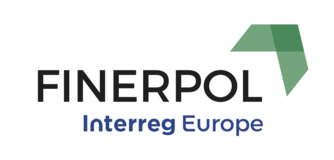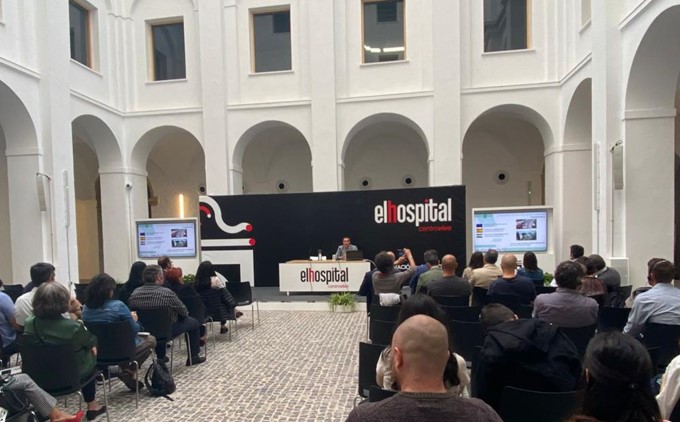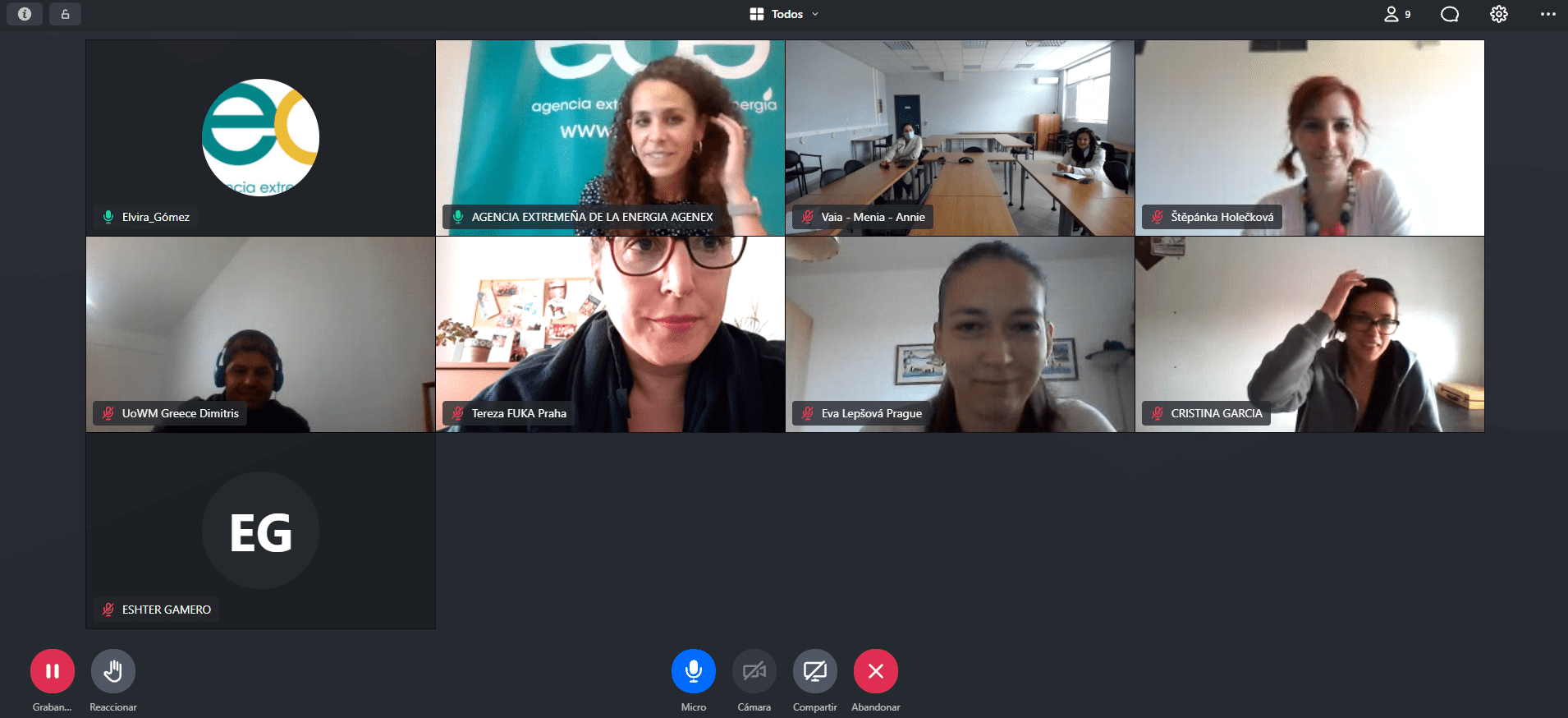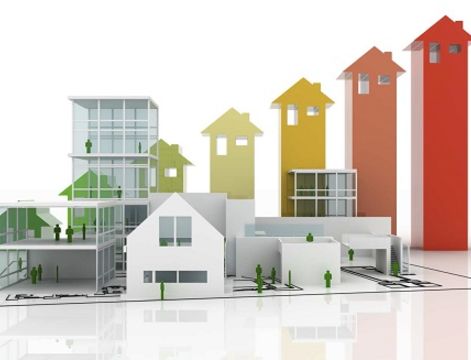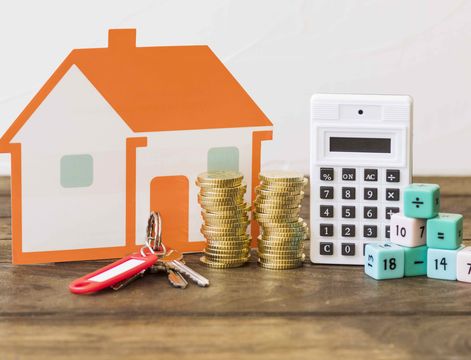The Portuguese Council of Ministers approved, on 4 October 2017, a Resolution that establishes the strategic vision, objectives and instruments of action for a New Generation of Housing Policies.
The Government decided to submit this Resolution to public consultation, inviting citizens and public and private entities to contribute to the development of a New Generation of Housing Policies. The profound changes in livelihoods and socioeconomic conditions of the population, the combination of shortcomings with structural housing needs, the paradigm shift in access to the housing market, precipitated by the international economic and financial crisis, and the side effects of previous housing policies, show the need for an integrated approach in sectoral policies, territory and actors, which represents a change in the traditional way of designing and implementing housing policies.
More sustainable urban development models imply the containment of new construction and urban expansion and, consequently, of commuting movements, through the rehabilitation and reuse of existing built resources and the improvement of their energy performance. In this context, incentives to boost the rental market and rehabilitation are structural measures that complement each other, promoting the balance between the several supply segments and housing occupancy schemes, for the efficient use of the existing housing stock, including the vacant or expectant, and to increase opportunities for families.
In order to create the conditions for rehabilitation to pass from exception to rule, becoming the predominant form of intervention, the New Generation of Housing Policies requires a joint action on the legal and regulatory framework (adapting it to the specificities of the rehabilitation), and on the financing of the interventions, guaranteeing the existence of favourable conditions to the investment in rehabilitation, in particular, for rental housing purposes.
Within the scope of the FINERPOL project, the following programmes, in public consultation, stand out:
- Programme for urban rehabilitation of social neighbourhoods in the energy efficiency strand: supports interventions aimed at increasing energy efficiency and the use of renewable energies for self-consumption in social housing buildings
- Casa Eficiente 2020 Programme: aims at financing, in favourable conditions (compared to the market), operations that promote the improvement of the environmental performance of buildings and dwellings, with a special focus on energy and water efficiency, as well as on urban waste management
- Financial Instrument for Urban Rehabilitation and Revitalization (IFRRU 2020): aims to support urban rehabilitation and revitalization (buildings rehabilitation, in particular), and to promote energy efficiency.
